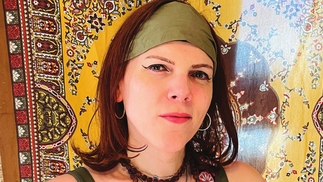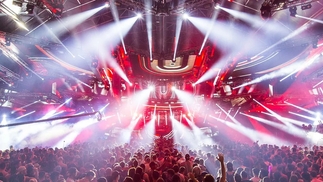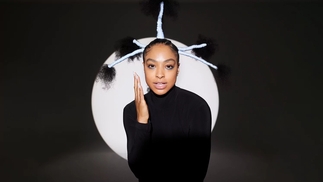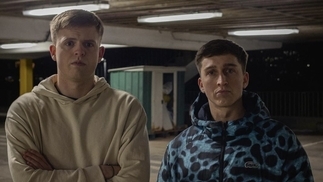Solardo Power: DJ Mag meets tech-house's unstoppable force
We check in with the boys ahead of their appearance for us at The Raleigh Hotel in Miami later this month...

Loud shirts, branded snap-caps and enough big-room rollers to bring down a fighter jet, Solardo are the most unstoppable force in UK tech-house at the moment. Born after a chance meeting in Manchester between an ex-dubstep pioneer and an aspiring house producer, the duo suddenly found themselves dropping tunes onto Skream's Of Unsound Mind label and Jamie Jones' Hot Creations while going viral online left, right and centre. With their Solardo Sessions touring the UK, we checked in with the boys ahead of their appearance for us at The Raleigh Hotel in Miami later this month...
Solardo's rise to prominence has been a pretty rapid affair. The day after DJ Mag speaks to them, they learn that they've sold out a headline show at the 2,500-capacity Albert Hall in their hometown of Manchester in a matter of a couple of weeks. For perspective, this time last year, they were better known for selling out the cellar of the Whisky Jar, an intimate (read small) bar in the city's Northern Quarter that can cram in about 100 people.
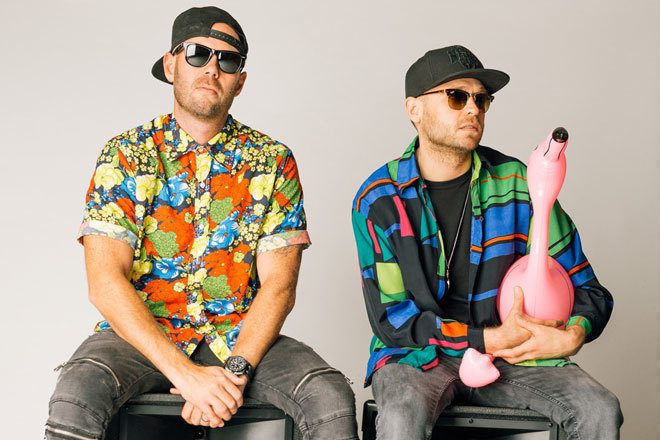
Now hundreds turn up to their gigs wearing the same trademark 'loud' shirts, fully buying in to their feel-good take on house music, and prepped for a night of sweaty floor-fillers. It's perhaps more impressive given that until a couple of years ago, Mark Richards, formerly known as dubstep producer MRK1, had never even laid so much as a beat of house music down. He also had only a few quid left in the bank, and was on the very cusp of jacking music in altogether.
As MRK1, he'd been there at the inception of dubstep, on the dancefloor and behind the turntables at the infamous FWD>> night at London's Plastic People. He was among the three producers (along with Plastician and Slaughter Mob) who put together the pivotal album 'Grime' for Aphex Twin's Rephlex. From 2002 to 2011, he was prolific on the scene, releasing tracks on DJ Pinch's Earwax, Tempa, Dim Mak and his own Contagious imprint, as well as two albums for Planet Mu. He also provided heavyweight remixes for the likes of Timbaland, Kelis, Drake and DMX.
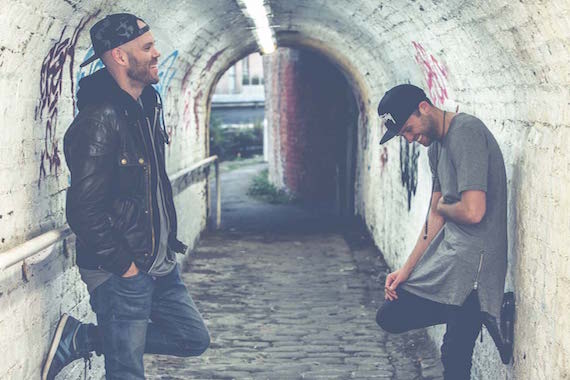
“When I was making dubstep originally, it didn't really have a name. It was just this dark garage. When we all made it back then, it was completely different to what it sounds like now,” he says.
He formed the outfit Virus Syndicate too in 2002, with MCs JSD, Goldfinger and Nika D, releasing four albums and touring the world, spending a lot of time on the US festival circuit. But his enthusiasm for all those wobbling basslines eventually waned.
“I dabbled in that more American sound, but it wasn't my thing. I wasn't enjoying it anymore. I was making it for 12 years, and there's only really so far I could go with it.”
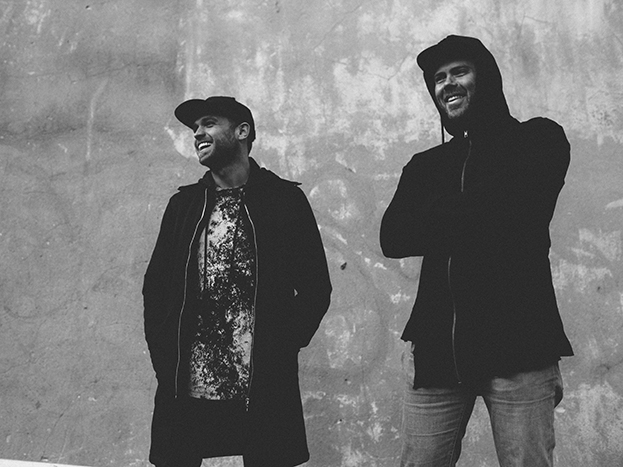
CHANCE MEETING
Looking around for other possibilities, and after a chance meeting with Public Enemy production legend Hank Shocklee in Miami, he briefly embarked on a trap project with him, re-tooling some of the old PE tunes in trap-style, but it never saw the light of day. Latterly, he signed a publishing deal with Sony, making tracks for other artists, but his heart just wasn't in it.
He moved back to Manchester from London, where he bumped into James
Elliot, who he'd known from the city's party scene years back. James, who'd been a house-head for some years, had just invested in some studio equipment, while Mark had got some work as a jobbing engineer in a studio, but was thoroughly disheartened with the business (the work was, as he describes it, “life-shatteringly shit”). He was down to his last £200 in the bank, and was close to jacking it all in, when James suggested they start up a new project together. It was, Mark admits, “the last chance saloon”.
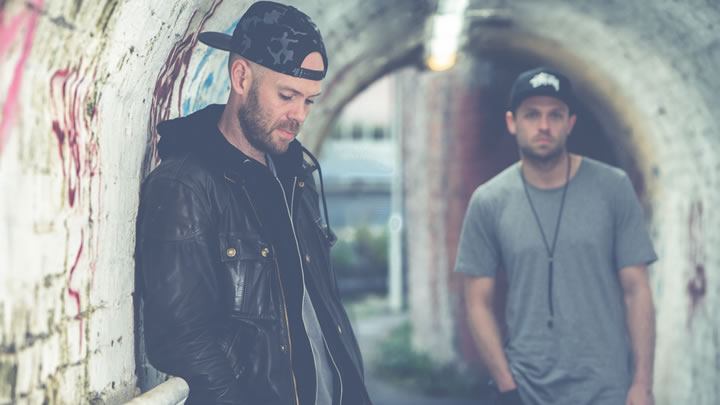
“I didn't know much about it, but James introduced me to people like Jamie Jones and Steve Lawler. It gripped me. It sounded to me like a four four version of dubstep when it first started, which was interesting to work with,” says Mark. It appeared that he'd found something that he could get excited about. “I threw myself completely into it.”
But making house music was easier said than done. “Like all music, everything's easy to make, but hard to master. It took a lot of time. We must have spent about eight months trying to get the sound right. I did a lot of research. I needed to find out how house music is made, so I spent a lot of time going around old studios where they make it, and have made it for a long time. I was looking at the older equipment, the hardware, just trying to work out how to make it sound right. At some points, it got to the stage of almost giving up, thinking 'I just can't get this to sound right'.”
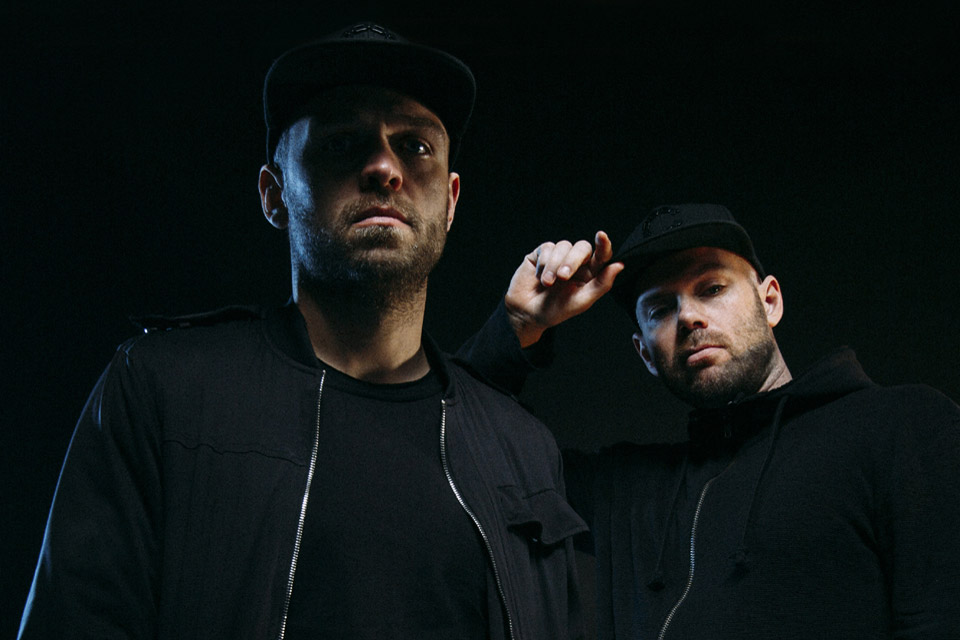
LIKE AND SHARE
But thankfully, it eventually just “clicked”, and the grittiness they were after came via the use of distortion units and a handful of other studio tricks. “We wanted our own sound, and not to sound like everybody else out there. A lot of the hard work went into honing the sound,” says James.
Once they were happy with the sound, Mark hit up an old chum from the dubstep days with some of the tracks. It happened to be Skream. “I've known Ollie for 16 years, and he played our remix of Nathan Barato on Radio 1. We got a call, about five or 10 minutes after from a booking agent, wanting to take us on.”
And while a few lucky breaks have changed everything, their rise has been calculated and deliberate. Social media has been a huge focus. If they knew a particular DJ was into their records, they'd drive the length and breadth of the country to see them play, hoping to hear one of their tracks being played out. They'd then video the track being played (and the all important response from the crowd), and get it straight up on Facebook and Twitter. The filmed and posted a clip of Skream playing 'Dance The Disco' — the track he eventually signed to his own Of Unsound Mind label — at the Warehouse Project, and soon there was some very serious buzz growing.
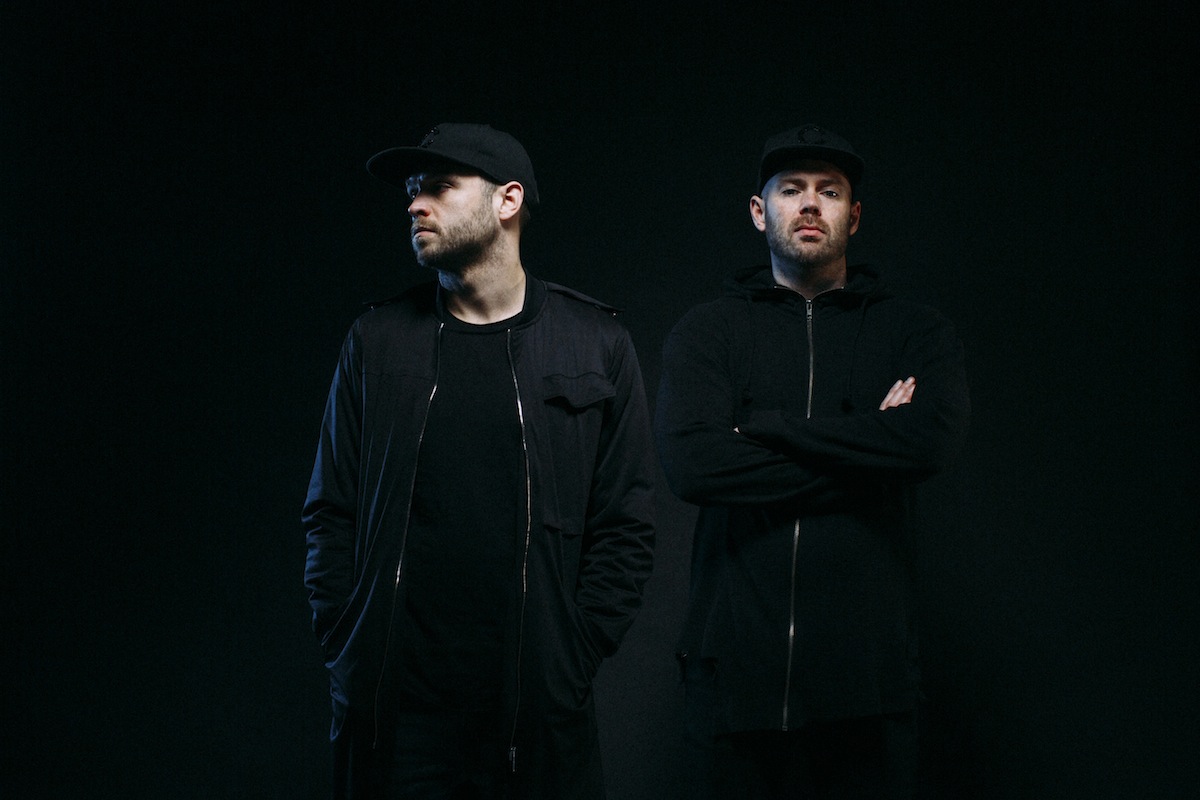
“It was how we got ourselves out there so quickly,” says James. “We'd be at the festivals and raves all around the country, and be catching these big artists playing our tracks. We then had this content we could use. We'd start popping up on people's timelines more and more often.”
They'd find YouTube footage of old school raves, and put their own tracks on top of it. Instantly, they were creating fun, shareable content for their fans, while also getting their music out there and listened to. Artists pay good money for forward-thinking marketing strategy like this, but Solardo have done it all for themselves.
Skream live-streamed their back-to-back set at the Forbidden Forest festival, and that too was a watershed moment, with over 100,000 views creating more buzz around them. James even flew out to BPM in Mexico last year, after they'd sent Steve Lawler a whole batch of their tracks, just in case he was going incorporate them into his set. Over two hours, Lawler played 11 of them, five of them back to back.
“People started to take us a lot more seriously,” says James. “It went mental on social media after that. Our tracks got played 21 times at BPM in one night.” Jamie Jones' Hot Creations soon got on the phone too, after Mark Jenkyns started championing their music to the label's A&R, Richy Ahmed. The connections all started falling into place.
And so it has gone. As well as of Unsound Mind and Hot Creations, there have now been releases on Lawler's VIVa Music, Manchester's own Kaluki, Kerri Chandler's MadTech, and most recently, Green Velvet's eminent Relief. Their own label, Solä, will start championing the new artists they love too, while their Solardo Sessions tour has taken them all over the UK in the last month. It sounds like it's been a wild ride. This year, they head out to Miami playing, among other events, DJ Mag's pool party bash at the Raleigh Hotel, alongside Oliver Heldens and Darius Syrossian. Mark found himself at the Winter Music Conference plenty in the dubstep days, while James went out as a punter, taking in the pool parties from the other side of the DJ booths. “I went about four years in a row, and would end up going out there with Skream and smashing it for a few days. Very unhealthy, very little sleep,” says Mark. That's the spirit.
That they've scaled such impressively dizzy heights in such a short space of time is something they seem to feel extremely thankful for, especially Mark, who was so close to calling it a day. They're also thankful for those lucky breaks, when the right person at the right time — be it Jamie Jones or Skream or Steve Lawler — has bought into the Solardo sound. “In this industry, sometimes 20 seconds of someone's time can change everything, the whole course of your life, in fact,” says James. “It's mad.”
Words: Ben Arnold
